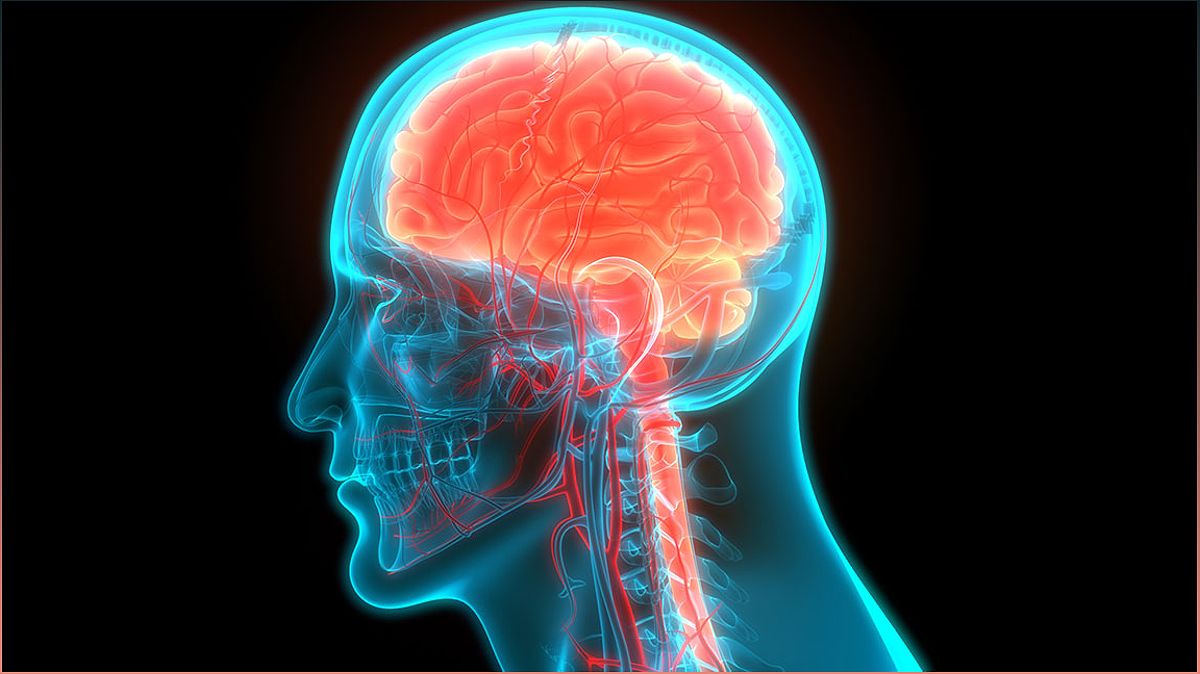A recent study reveals that aspirin is just as effective as apixaban in preventing recurrent strokes in patients with atrial cardiopathy, challenging previous beliefs. This finding will impact clinical practice in stroke treatment worldwide.
Study Finds Aspirin Equally Effective as Apixaban in Preventing Second Stroke
A recent study has challenged previous beliefs by revealing that aspirin is just as effective as apixaban in preventing recurrent strokes in patients with atrial cardiopathy. This finding will have a significant impact on clinical practice in stroke treatment worldwide.
Atrial fibrillation, a common heart condition characterized by irregular heart rhythms, can lead to the formation of blood clots in the heart. These blood clots can then cause strokes by blocking arteries that supply blood to the brain. Atrial cardiopathy, a related condition, is characterized by subtle abnormalities in the heart's structure and function. Researchers hypothesized that anticoagulants like apixaban would be more effective than aspirin in preventing recurrent strokes in patients with atrial cardiopathy, even before the onset of atrial fibrillation.
To test this hypothesis, a multi-center, phase 3 clinical trial involving 1,015 patients diagnosed with atrial cardiopathy who had recently experienced a stroke was conducted. Half of the patients were assigned to take a daily dose of 81mg aspirin, while the other half received daily apixaban. The goal was to determine if apixaban was superior to aspirin in preventing new strokes. Surprisingly, the study found that the rate of new strokes was the same in both groups, indicating no significant difference in effectiveness between the two treatments.
These findings challenge the common practice of prescribing anticoagulant therapy, such as apixaban, to patients suspected of having atrial fibrillation, even without clear indications. Dr. Hooman Kamel, the study's lead author, emphasizes that the results suggest this practice may not be effective. Dr. Mitchell Elkind, the senior author, highlights the need for clear signs of atrial fibrillation to achieve a higher threshold for anticoagulant therapy to be more effective.
While the study's results were unexpected, they will steer physicians away from prescribing anticoagulants for patients with atrial cardiopathy. Further research is needed to identify the appropriate patient population that can benefit from anticoagulant therapy in reducing the risk of stroke.
Implications for Clinical Practice
The results of this study have significant implications for clinical practice in the treatment of stroke patients. The previous belief that apixaban is superior to aspirin in preventing recurrent strokes has been challenged. Physicians should reconsider prescribing anticoagulant therapy, such as apixaban, to patients without clear indications of atrial fibrillation.
These findings highlight the importance of individualized treatment plans based on each patient's specific condition and risk factors. It is crucial for healthcare providers to carefully evaluate the benefits and risks of anticoagulant therapy in stroke prevention.
Future Directions
While this study yielded unexpected results, it has opened the door for further research in the field. Future studies will focus on better understanding which patients can benefit the most from anticoagulant therapy in reducing the risk of stroke.
By identifying specific patient populations and refining treatment guidelines, healthcare providers can optimize stroke prevention strategies and improve patient outcomes.
Conclusion
The recent clinical trial comparing the effectiveness of apixaban and aspirin in preventing second strokes in patients with atrial cardiopathy has shown no significant difference between the two treatments. This challenges the previous belief that apixaban is superior to aspirin in preventing recurrent strokes. Physicians should reconsider prescribing anticoagulant therapy to patients without clear indications of atrial fibrillation. Further research is needed to identify the appropriate patient population that can benefit from anticoagulant therapy in reducing stroke risk.

